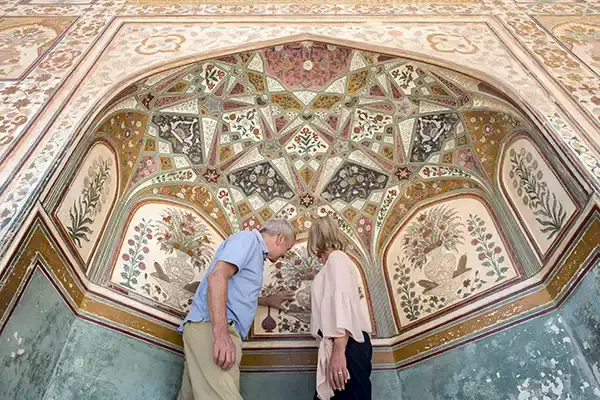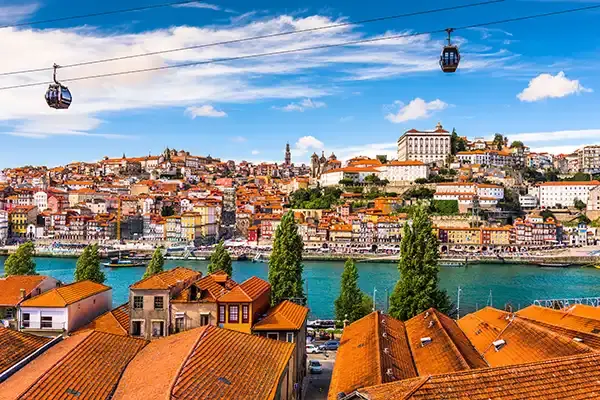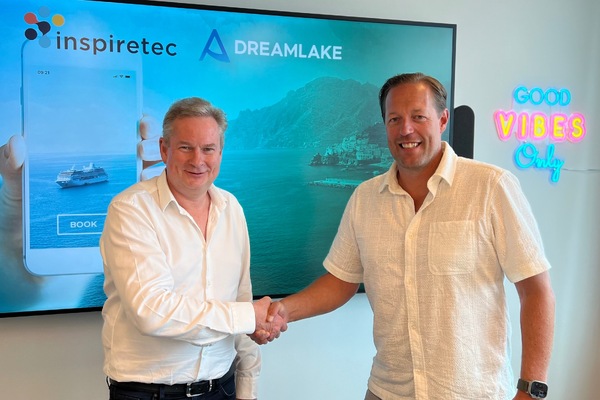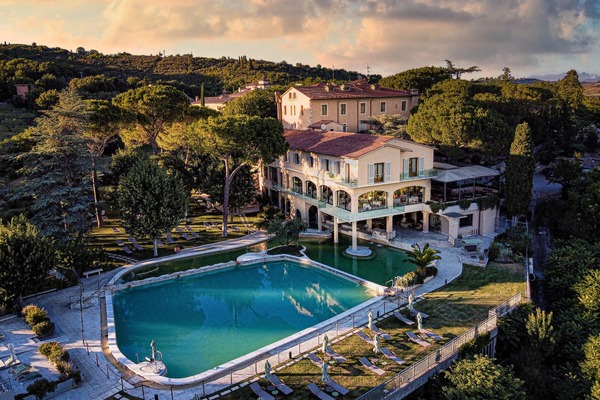How to talk about sustainable travel without greenwashing
 Sasha Wiltshire
Sasha WiltshireThe fifth TTG Sustainable Travel Heroes workshop of 2024 explored ways in which travel agents can get their clients excited about sustainable travel in a genuine way.
Talking about sustainable travel has become a regular conversation in many industry circles, but can you confidently and effectively communicate the benefits of responsible holidays without falling victim to, or becoming an instigator of, greenwashing? The TTG Sustainable Travel Ambassadors in Training learnt tips and tricks for doing just that in the fifth and final TTG Sustainable Travel Heroes workshop of 2024, which was led by Iberostar Hotels & Resorts’ business development director Aishling McLoughlin and TTG’s head of partner content, Madeleine Barber.
RECOGNISE AND AVOID
Greenwashing happens when the green claims a company is making do not match its actions. With government research finding that up to 40% of green claims online can be misleading, it’s important to know how to recognise it and avoid it in your own marketing. The government’s Green Claims Code can help with this, advising you to ask:
- Are your claims truthful and accurate?
- Are your claims clear and unambiguous?
- Do your claims omit or hide important information?
- Do they only make fair and meaningful comparisons?
- Have you substantiated your claims?
- Do they consider the full lifecycle of a product?
When looking out for greenwashing, consider the claims to see if they are specific and have easily accessible rigorous information. Find out how companies prove their claims and see if they can be externally verified. When marketing to clients, make sure you are using accurate terminology to avoid any confusion or issues and know what the buzzwords mean.

The WWF (World Wide Fund for Nature) has created the short guide the WWF Guide to Greenwashing, explaining what popular terms mean, such as sustainable, carbon neutral, climate friendly, green and plant-based.
Always be wary of companies that say they are leading in sustainability; by doing your research and taking action, you are preventing yourself and your clients from being misled. If you do see something you believe to be greenwashing, you can make a complaint to the Advertising Standards Authority, which will assess the claim and take action accordingly if required.
Also, look out for sustainability certifications recognised by the Global Sustainable Tourism Council (GSTC) like EarthCheck and Travelife, as well as B Corp Certification, and fledgling sustainability solution Ethy.

Avoid the ’S’ word
During the workshop, the TTG Sustainable Travel Ambassadors in Training discussed how to market holidays without using “sustainable”, as this can prevent clients from booking if they think it could require an additional cost. Here are some suggestions to sell a sustainable holiday without using the “S” word.
AE Expeditions’ Antarctic Peninsula In Depth
When suggesting this itinerary, Travelosophers’ Gareth Harding encouraged the use of phrases such as “experiential”, “immersive”, “educational” and “destination-led”, while focusing on the low-impact experiences such as camping and kayaking, the option to join Citizen Science projects, and the line’s B Corp status.
Iberostar Waves Cristina in Playa de Palma, Majorca
Not Just Travel’s Lewis Jones suggested focusing on the fun aspects of the stay, such as Iberostar’s edible straws, as an introduction to the hotels being free of single-use plastics. The agents proposed a hotel comparison to showcase the benefits of Iberostar, and show that more sustainable options don’t have to be more expensive.
Insight Vacations’ Classical India with Nepal
On this itinerary, Trailfinders’ Erin Neville suggested focusing on the Make Travel Matter experiences, which benefit local businesses run by women, and the use of ground transport rather than domestic flights. The agents suggested key terms such as “women”, “group” and “female-focused”.
Intrepid’s Highlights of Portugal
Luxeco Holidays’ Alicia Sharpe and the other agents decided to use social media and a newsletter with pictures showing the destination’s rustic beauty and picturesque landscapes to pitch to clients. They suggested highlighting the local guides, who offer unique experiences. “Rustic beauty” and “rich local culture” were among their key words to use.
4 WAYS TO MARKET SUSTAINABLE TRAVEL TO YOUR CLIENTS
WHO? Make marketing sustainable travel unique to each client, as not every traveller will have this at the top of their agenda. Some may come to you with the suggestion, while others will find a hard sustainability sell off-putting.
WHEN? At the enquiry stage, start with finding enriching experiences your clients want, then include sustainability as an additional selling point. Post-booking, keep the messages in line with what they will experience and how they are making a positive impact. Include tips on how they can do more to help. Post-travel, provide them with more sustainable options to encourage them to rebook, and listen to their comments about their previous trip to help you perfectly tailor their next holiday.
WHAT? Make use of your suppliers’ marketing material or use your own personal content, which resonates well with clients. Be as specific as possible to avoid greenwashing by explaining exactly what the holiday offers them and highlight that “feelgood factor” by telling them how they contribute to change. Be creative and use short Reels, videos and key images on social media to create a memorable campaign with genuine and authentic messaging; and weave in promotion of a product.
WHERE? Utilise all social media channels where you can engage your clients to get that message across. Promote your content on newsletters and blogs to give your clients long-form content to interact with too.
Get more advice at our Sustainable Travel Heroes hub
Sign up for weekday travel news and analysis straight to your inbox

Sasha Wiltshire
Supplier Directory
Find contacts for 260+ travel suppliers. Type name, company or destination.














